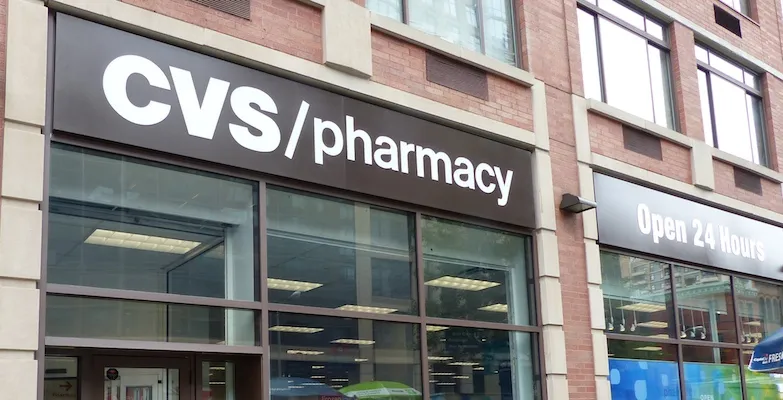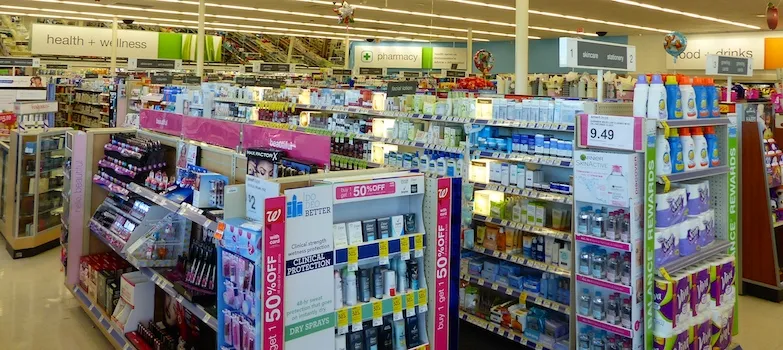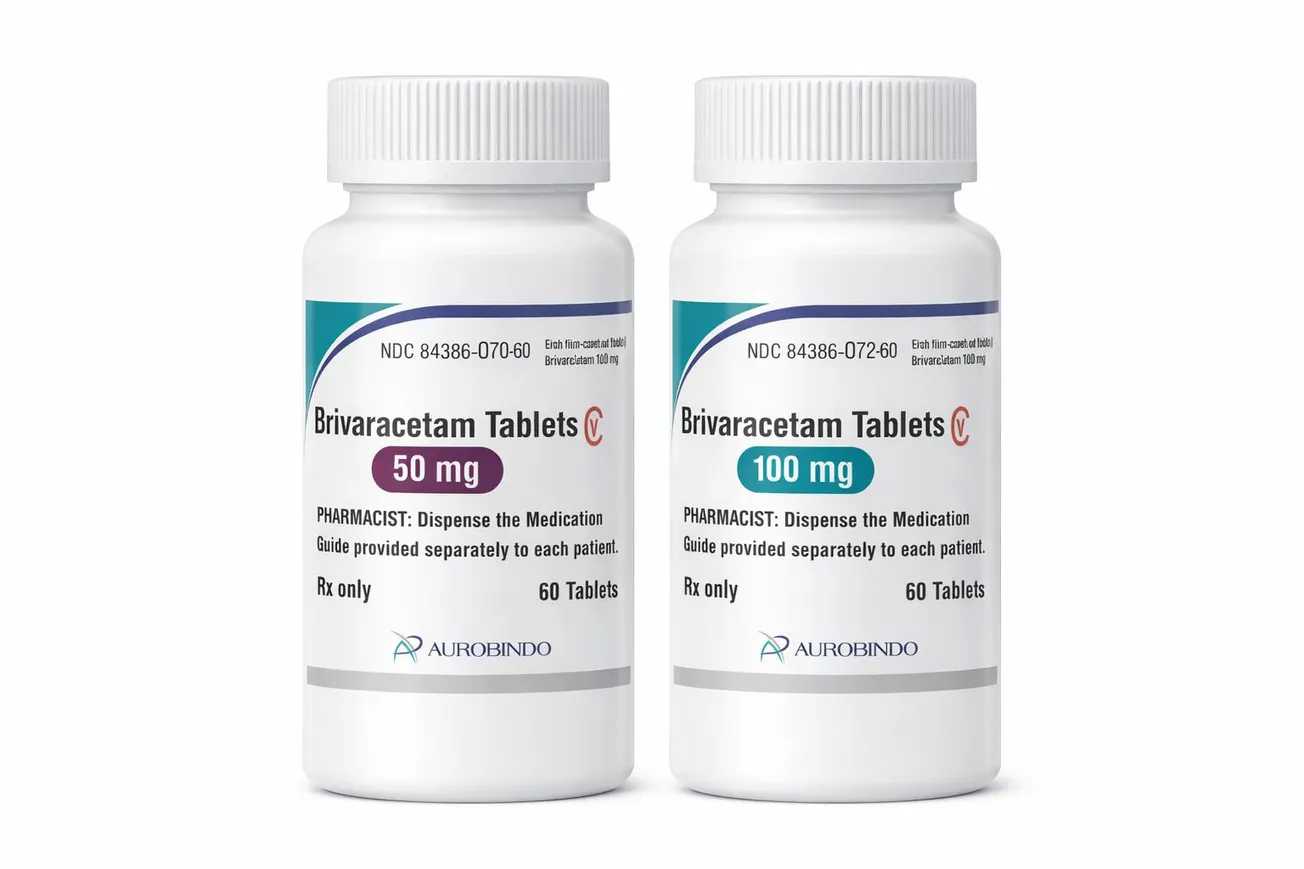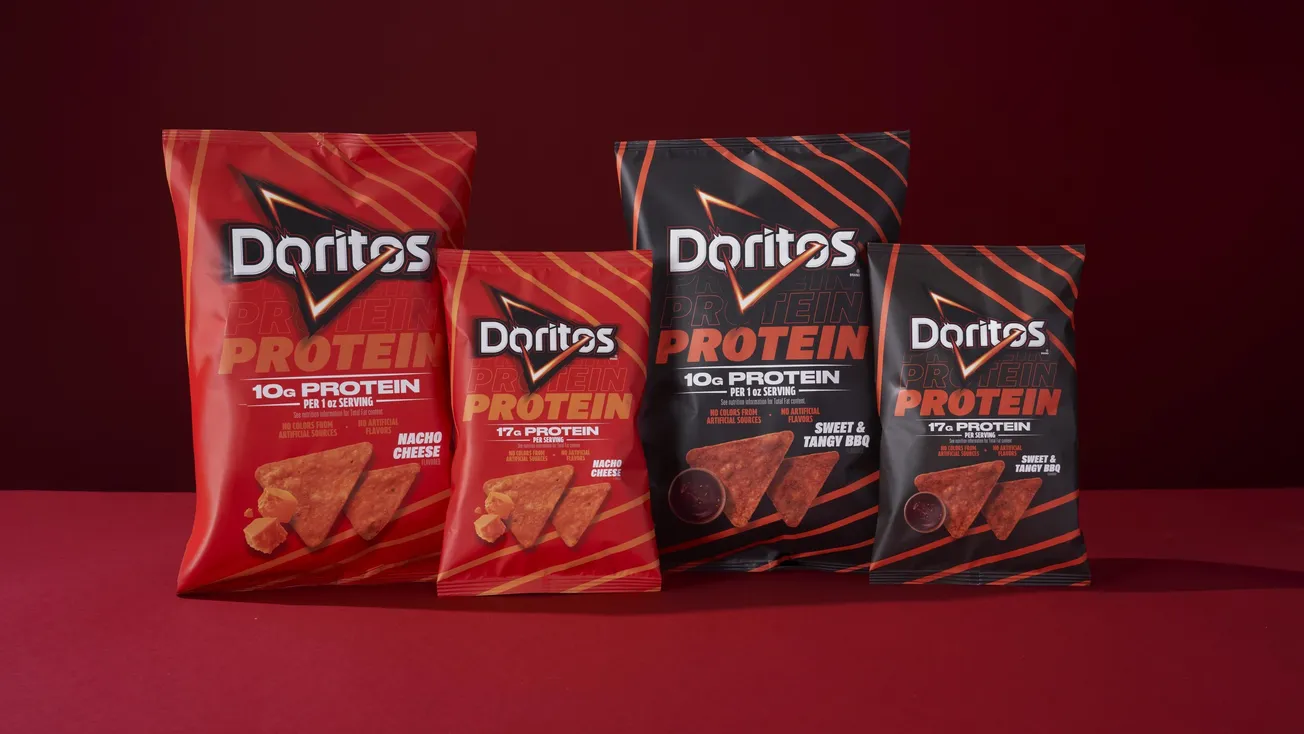WOONSOCKET, R.I. — CVS Health announced it will be taking another step forward in its efforts to remove chemicals of concern to consumers by eliminating oxybenzone and octinoxate from nearly 60 CVS Health brand sunscreen products under SPF 50 by the end of 2020.
This decision is the latest advancement of the company’s chemical management strategy and builds on its 2017 commitment to remove parabens, phthalates and the most prevalent formaldehyde-releasing preservatives from CVS Health store brand beauty and personal care items. The program is on track to be completed by the end of this year.
By the end of 2020, CVS Health store brand sunscreens under SPF 50 will no longer contain oxybenzone and octinoxate, which comes ahead of scheduled regulatory requirements in Hawaii and Florida to eliminate these ingredients, in order to minimize their impact on marine ecosystems.
At this time, some form of oxybenzone and octinoxate is still needed in CVS Health sunscreen with an SPF of 50 and above to be most effective for customers who require this strength of protection. Sunscreens that are over SPF 50 will be available outside of Hawaii and Florida but removed from shelves in those particular markets, to comply with regulations.
“As a leading health and beauty destination, CVS Pharmacy is highly attuned to our customers’ evolving needs and their desire for products that are more sustainable while still being efficacious,” said George Coleman, senior vice president of merchandising at CVS Health. “We are committed to continuing to monitor the ingredients in the products we carry and to ensure that our consumers have access to a wide range of free-from products that deliver quality and value while also meeting their lifestyle preferences.”
With the health of its customers in mind, CVS has made significant changes to its product offering. These include ending the sale of tobacco products, eliminating skin care items with an SPF below 15, providing a greater variety of healthier food options and, most recently, announcing that all vitamins and supplements sold in store and online are required to be third-party tested, to confirm the accuracy of the ingredients listed on the supplement facts panel and to confirm that the products are free from ingredients of concern and contaminants.









